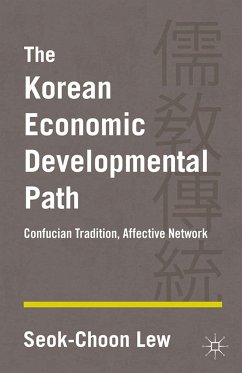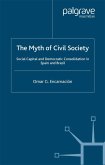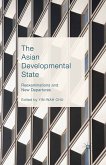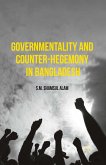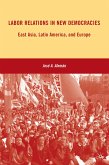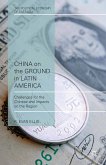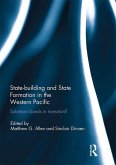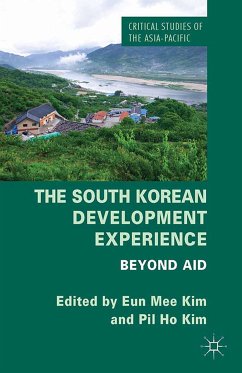Dieser Download kann aus rechtlichen Gründen nur mit Rechnungsadresse in A, B, BG, CY, CZ, D, DK, EW, E, FIN, F, GR, HR, H, IRL, I, LT, L, LR, M, NL, PL, P, R, S, SLO, SK ausgeliefert werden.
"This project will regenerate much interest among students of East Asian patterns of development at large...A proper understanding of the yongo kwan'gye is a key to understanding not only contemporary Korean society, but also its people and the foundation of their social networking which Lew refers to as 'affective networks.' This is a fine contribution to studies of Confucian capitalism and in particular, strong state-strong society relations, in the context of Korea." - Hyung-A Kim, Associate Professor, Australian National University
"The book's culture-oriented narrative is fascinating, alluring, and even intuitive. It takes us back to those questions of economic development about which the Nobel laureate Robert Lucas famously stated, 'Once one starts to think about them, it is hard to think about anything else.' Strikingly, in that same quote, Lucas asks, 'If not [economic policies], what is it about the "nature of India" that makes it so [stagnant]?' Indeed, why Korea and not India? The book shows us where the answer may lie: each country's unique cultural and historical context from which they must 'find their own recipes' (p. 181) for successful development.
Regarding readership, [...] budding students of modern Korea [...] would likely find this book highly readable and insightful. [...] This book should also be instructive for those economists and political economists exploring new avenues of research, such as culture, in economic growth and development." Taejoon Han, The Journal of Asian Studies

